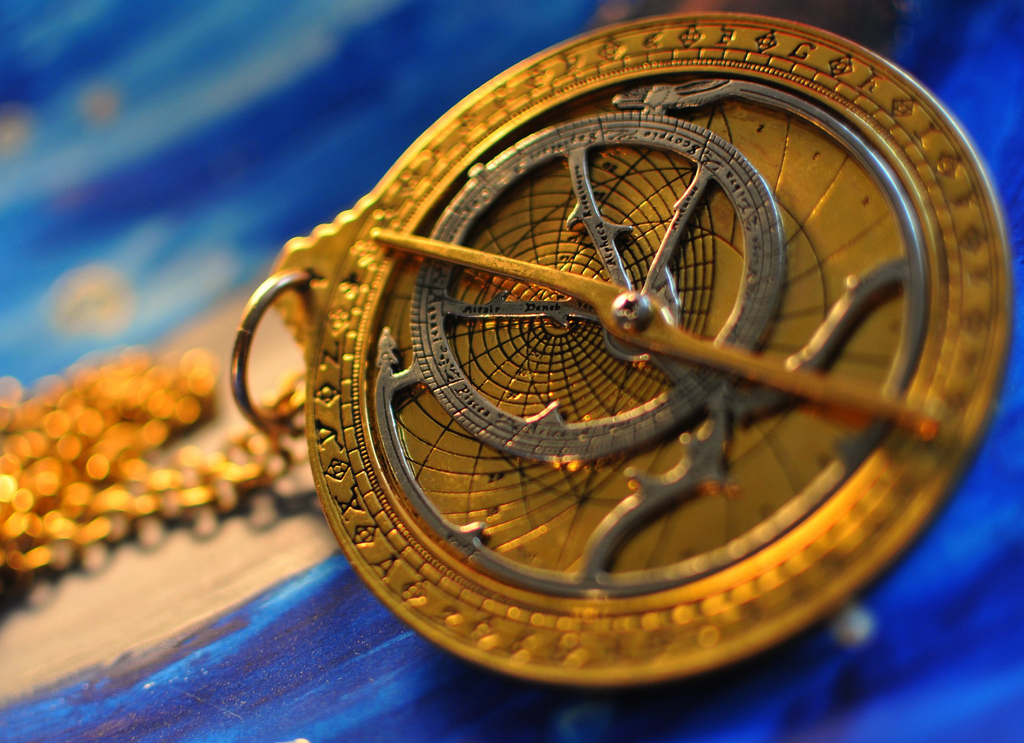It was the 13th century. Europe was drowning in the Dark Ages. America was yet to be discovered. The world’s superpowers, as we now know them, were comparable to the third world of today, regions abundant with struggling social and economic systems. And, as history would have it, the third world of today (or most of it) was the first world of that time period. The Islamic Empire from the mid-8th century to the mid-13th century experienced an age of unparalleled social, economic, and intellectual development.
This epoch commonly referred to as the Islamic Golden Age, resulted in the introduction of public hospitals, public libraries, astronomical research institutes, coffee, soap bars, toothpaste, shampoo, inoculation (an imperative process for vaccines), fledging forms of capitalism, innovative technologies (water and wind powered machinery that greatly contributed to the acclaimed Industrial Revolution) and degree-granting universities. This era was profuse with erudition and discovery. For 500 years (more than double the age of our beloved United States), the Islamic Empire raised the most successful and powerful economy in the world. The level of literacy during the Islamic Golden Age was comparable only to that of Athens during the 4th century B.C. So, how did the Muslims of yesterday establish a community exceedingly more successful than the Muslims of today?
This was an era where true Islam dominated the hearts and minds of the people. It was a pure Islamic state that incorporated both Islam and secularism harmoniously. It was this epoch that guided the European nations out of the Dark Ages through both trade and the spread of knowledge. It was this age that catalyzed the birth of the Italian Renaissance. It was this remarkable period that created the first ever Renaissance Man, masters of numerous professions and prominent patrons of society. Men like Da Vinci, Al-Razi, Ibn Sina, Newton, Galileo, Michelangelo, and Ibn Rushd. These brilliant men were at the forefront of learning, discovering and diffusing knowledge and affluence throughout society. It was these men who truly improved the state of our world, through their love and passion for knowledge. And sadly, this treasure, this Islamic principle of a ‘Renaissance Man,’ has vanished.
No longer do we see individuals pursue knowledge as a means of pleasure. Now, we simply study to attain a degree that will grant us a job that, in many cases, we will not even enjoy. Currently, we have made the pursuit of knowledge mundane and unsavory and this is tremendously unfortunate. Given that the early Muslims were the initial Renaissance Men, it should be our obligation to once again implement and embody such values within our society. We must rank amongst these great men and women of history and enjoy learning. And, now, in a time of intellectual degradation, we must embark on a journey of scholarly awakening and become masters of education. By doing so, we will be able to shape our future within this great country and within the world.


Definitely what you said was right that today most of us are acquiring knowledge just for the sake of money and for dignity in the society,may ALLAH make us pioneers in the field of education so that we may benefit humanity and please THE ALMIGHTY
Question about the author, there are many famous Salman Khan. Are you the founder of Khan Academy?
“So, how did the Muslims of yesterday establish a community exceedingly more successful than the Muslims of today?”
OK, so you asked the question. Tell us what you think the answer is. How do we get to the point where they were?
The articles gives the true picture of the Muslim in the past.As you said that degree granted education is now becomes a means of getting more & more money.But the question is how can I make my pursuit of knowledge as a means of pleasure instead of mundane and unsavoury.
Because at the end of the day I need money to feed my family, which is my prior responsibility.